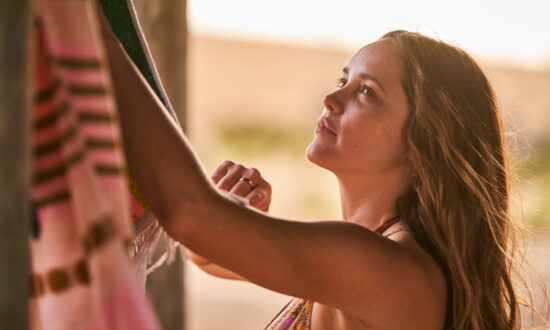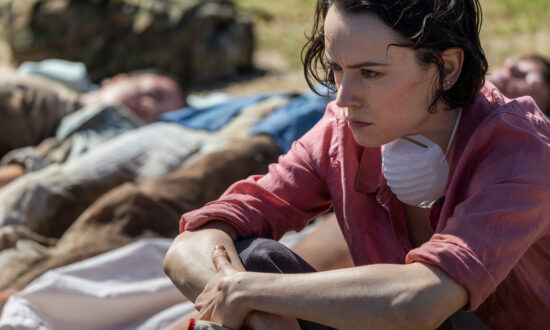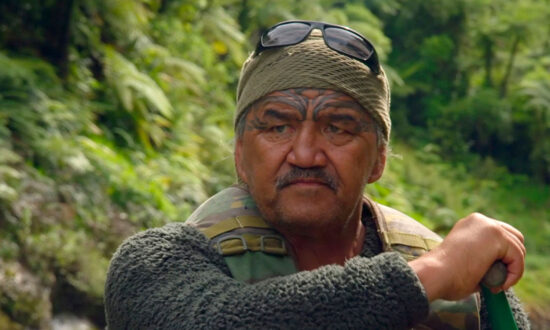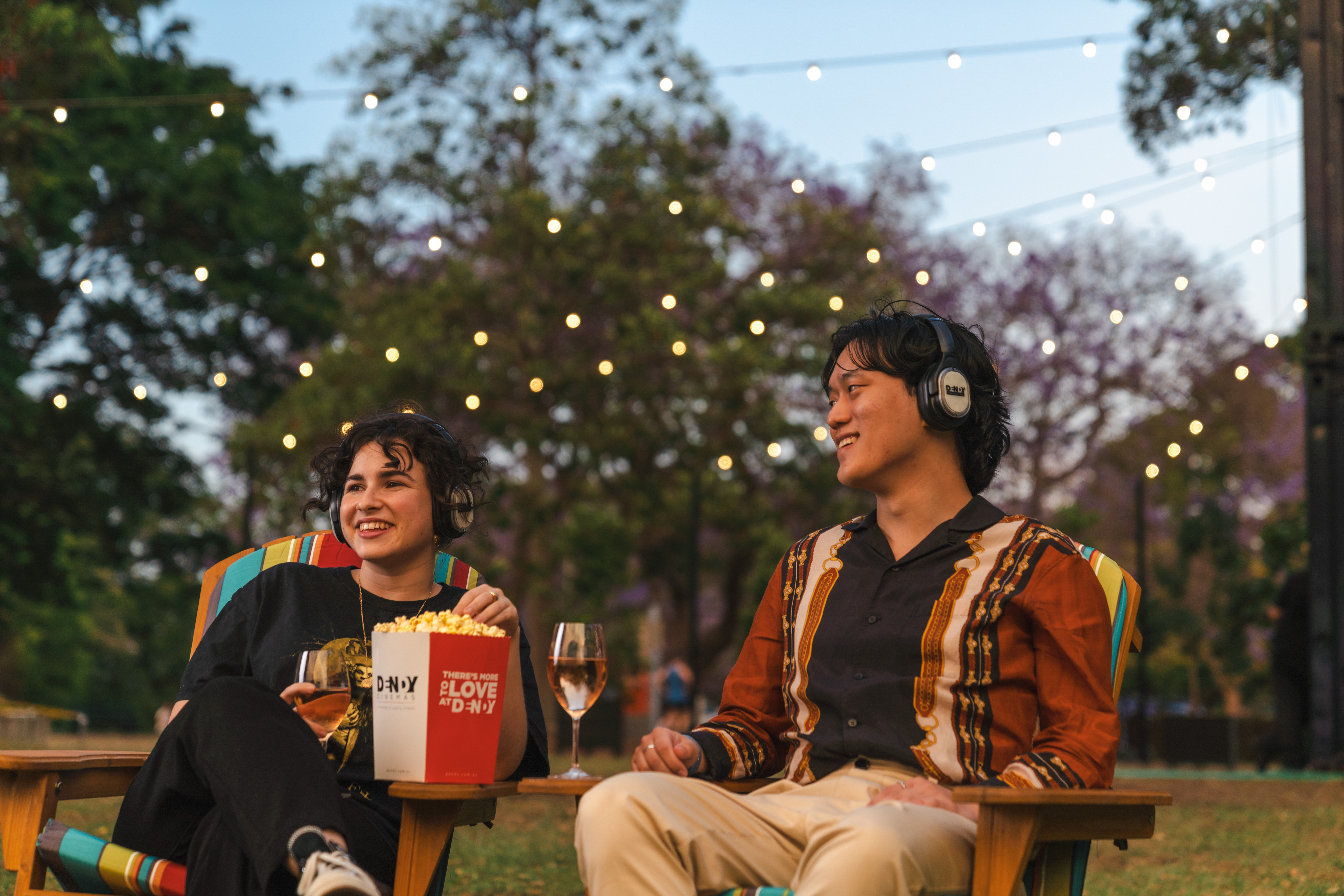The horror takes place before the movie begins but the nightmare is far from over. Based on the novel by Miriam Toews, the story is set in the aftermath of a series of violent, night-time rapes on women and children by the men of an ultra-conservative religious sect.
Some of this is true. From 2005 to 2009 at a Mennonite community in Bolivia, women and children woke to bloodied and abused bodies after their men undertook periodic rampages, knocking the women out with animal tranquiliser. Complaints of bleeding and bruises were mocked and laughed off by the men, who used their power to keep women in their place.
Written and directed by Sarah Polley, and starring a wonderfully talented ensemble cast, Women Talking is an imagined response of the women after one of the men was seen, the crime was uncovered and police were called in.
So, while the men are away in town bailing out the accused, the women seize their power and talk, high up in a loft, seated on bales of hay. This group of eight will debate the alternatives, guided by the tenets of their faith, and come to a decision the women in the colony will abide by.
Option one, to do nothing, is ruled out. They will decide whether to stay and forgive, or leave and start again, even though they have little real idea of where they are. “If I stay, I will commit murder,” says Salome (Claire Foy).
They are illiterate, denied schooling by the men, and not even free to think. Nor can they ask anything of their husbands, not even to pass the salt. Now, they must in a short time have an epic conversation about how to respond to a betrayal too appalling to fathom.

Get InReview in your inbox – free each Saturday. Local arts and culture – covered.
Thanks for signing up to the InReview newsletter.
For all that the women have been through, their talk is elevated, lively and intelligent, and unfolds like a play set in a picturesque, thriving community surrounded by fields of corn and signs of industry.
The circumstances and personalities of the individual women quickly take shape. Ona (Rooney Mara, never more beautiful) is gentle and beatific, a young, unmarried woman who was raped and now carries a child she loves with all her heart. She is adored by the university-educated August (Ben Whishaw), who left the community but came back and is asked by the women to record the meetings in the loft.
Following the women as they talk is emotionally involving and dramatically rewarding, as they search for a solution that honours their faith and will break forever the power inequity that encouraged the abuse to take place.
Polley’s decision to replace August as the narrator with a young girl doesn’t quite come off – August bearing witness to the women’s grief (in Toews’ book) was more powerful than the voice of someone we don’t know – but this isn’t a Best Picture Oscar nominee for nothing. In a world that feels angry and uncivilised, it is illuminating to watch a group of desperate women grapple with a problem of such immensity and find a solution guided by hope.
Women Talking is in cinemas now.
Support local arts journalism
Your support will help us continue the important work of InReview in publishing free professional journalism that celebrates, interrogates and amplifies arts and culture in South Australia.
Donate Here




